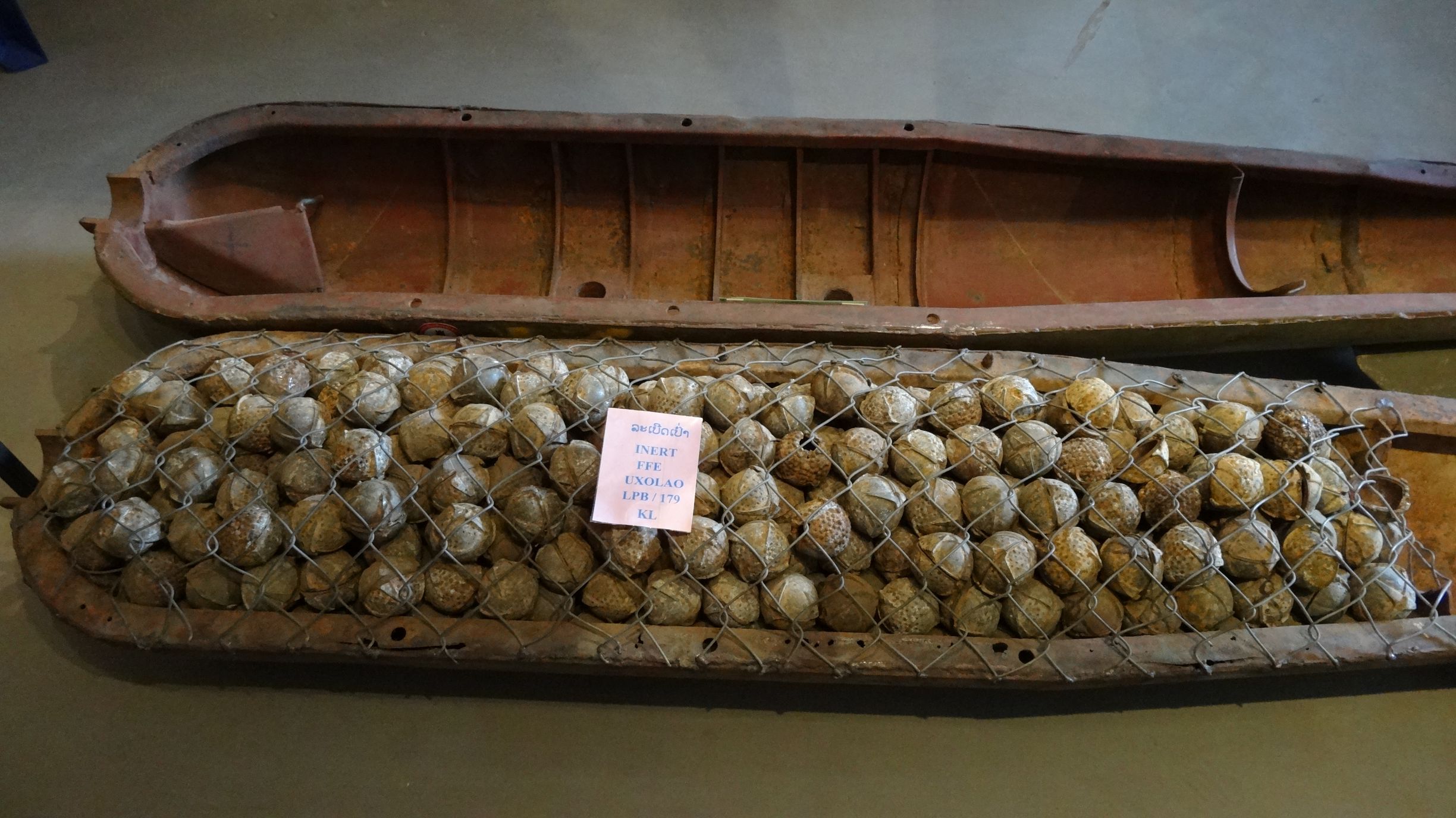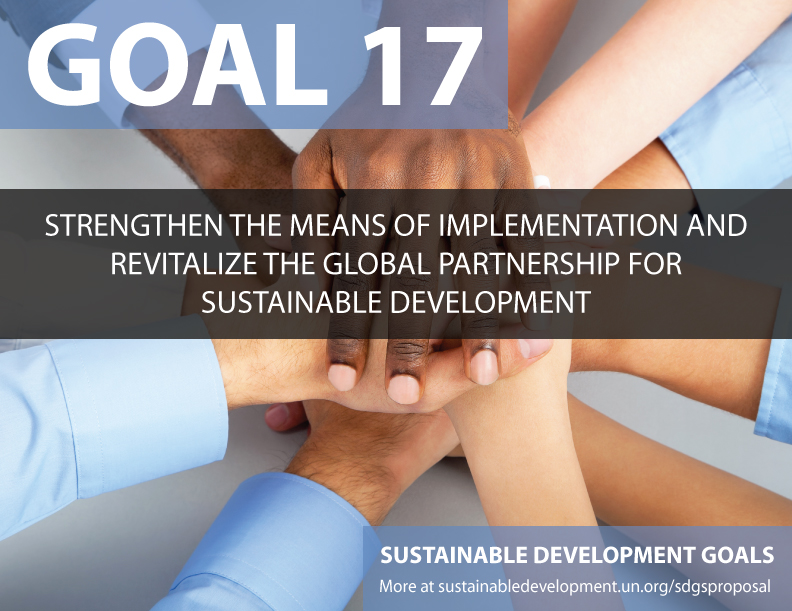May 2015 Review
TransConflict is pleased to present a selection of articles published during May, plus updates from the Global Coalition for Conflict Transformation.
| Suggested Reading | Conflict Background | GCCT |
1) Inertia, violence, inertia
David B. Kanin – Balkan communities have little hope of escaping the treadmill they are on unless the turn away from the EU, US, Russia, and other outside “helpers” and treat each other as partners instead of enemies. Read on…
2) Leaving Serbia and Kosovo to settle things themselves?
Gerard Gallucci – The EU may just leave it to Serbia and Kosovo by sorting out their economic relations – opportunities exist for Serbia to play a significant role via the eventual settling of competing claims – and to Kosovo Serbs by somehow leavening Kosovo politics by working with moderate Albanians. Could this work? Read on…
3) What has Turkey 2015 to learn from Yugoslavia 1989? – Part One
Dr. Ulas Doga Eralp – Call it a twist of fate or whatever you like, but the recent political developments in Turkey remind too much of Yugoslavia in 1989. Often times it is considered erroneous to draw parallels between political processes that are 26 years apart, but the similarities are a little too many. Read on…
4) NPT – nuclear weapons and tension areas
Rene Wadlow – Today, there are four tension areas that involve States which have nuclear weapons and where no negotiations to reduce tensions are going on: Korea, India-Pakistan, the wider Middle East, and USA-Russia. Read on…
5) Anti-semitism and Israel’s moral imperative
Dr. Alon Ben-Meir – Israel must not conveniently dismiss anti-Semitism simply as an incurable disease when in reality it is practicing “anti-Semitism” against a large segment of its own population. The responsibility of diminishing anti-Semitism falls squarely on the shoulders of the Israeli political leaders and the public. Israel must embrace the moral values on which it was founded; its future, if not its very survival, may well depend on it. Read on…
6) Cluster bombs – Saudi use, USA sales, and the review conference on their prohibition
René Wadlow – Cluster munitions are imprecise weapons which often fail to detonate on impact, leaving the unexploded bomb lets on the ground, ready to kill or maim when disturbed or handled. Read on…
7) Can the US-Iran nuclear deal hold?
Ashay Abbhi – The great game with Iran is the oldest and the most interesting example of the US exerting its dominance towards becoming not just energy independent, but also politically ubiquitous. Read on…
8) Integration is the open secret to deradicalization
Dr. Alon Ben-Meir – Western governments must develop a long-term deradicalization strategy to stem the flow of Muslim volunteers with the objective of substantially reducing the threat they pose upon their return to their respective countries. Read on…
9) New Missions for the UN and a Secretary-General to fit
Rene Wadlow – To be effective, the UN, its program and Specialized Agencies need leadership which can promote world interests without undue influence of individual states. The challenges ahead for the emerging world society require strong and devoted leadership. Read on…
10) A government neither by nor for the people
Dr. Alon Ben-Meir – The time is overdue for the rise of new leadership that pursues peace with vigor, seeks social justice and equality, and lives up to the promise behind Israel’s creation: as a proud, just, and progressive Jewish state at peace with itself and with its neighbors. Read on…
11) Implementing the UN’s sustainable development goals
Dr. Yossef Ben-Meir – While there are no absolute preconditions to sustainable human development there are undoubtedly conditions conducive to such development. Enabling local communities to plan and implement their future in an empowering decentralized environment is a recipe for success on an historic scale in this respect. Read on…
12) South Africa – chaos in parliament, violence in communities
Tendaishe Tlou – South Africa is at a critical stage in its history. In order to avert violent conflict, all political parties must endeavour to settle their differences, avoid using hate speech and handle its democracy with respect for the sake of peace and human security. Read on…
The Global Coalition for Conflict Transformation
1) “We need more peacebuilders to prevent future violent conflict”
TransConflict is pleased to present a report from the Peace Channel, a member of the Global Coalition for Conflict Transformation, about its efforts to promote peacebuilding among young people. Read on…
2) On the Right to Peace
The UN Working Group on the Right to Peace continues to be defined by a lack of progress, with civil society organizations requesting the full recognition of the human right to peace in the draft declaration and asking States to finalize the drafting process. Read on…
3) Upholding a human right to peace
TransConflict is pleased to endorse and promote a joint statement to be submitted to the 29th session of the UN Human Rights Council. This will be a decisive session on this issue, as some States will try to adopt a minimum declaration, not defining the Human Right to Peace nor its elements, ending the codification process with a meaningless declaration. Read on…

































